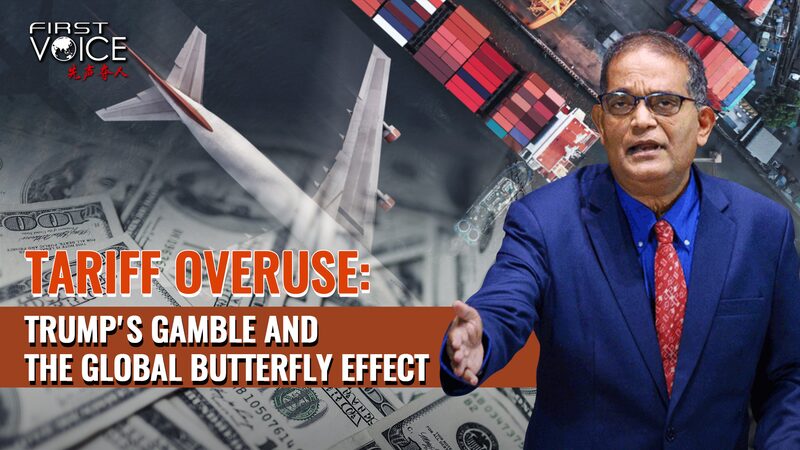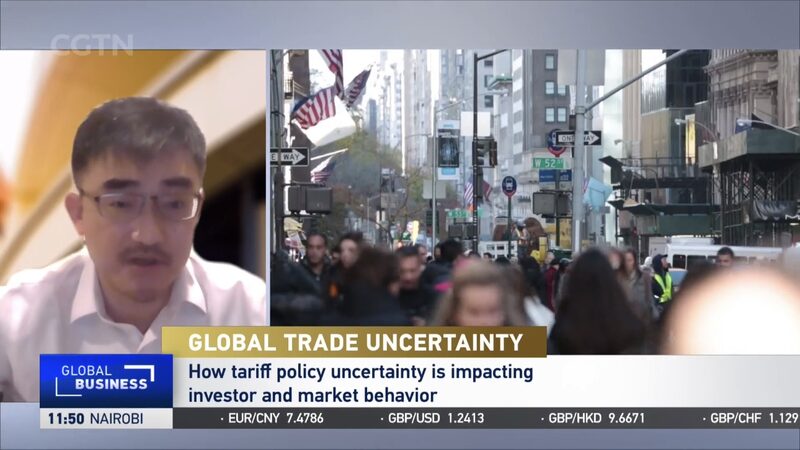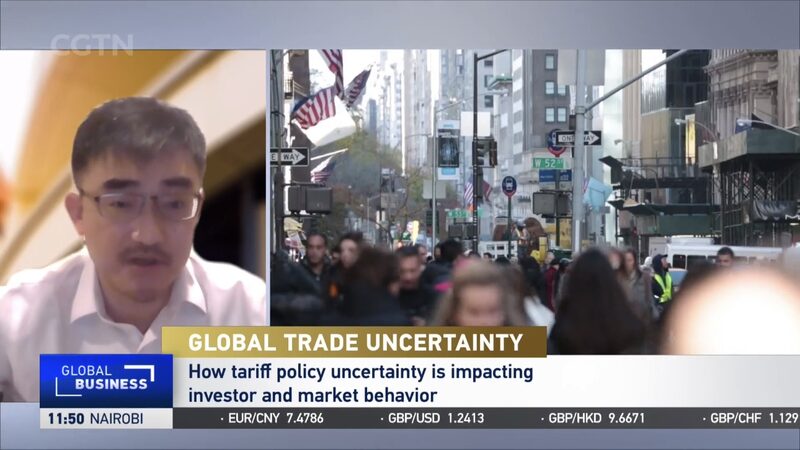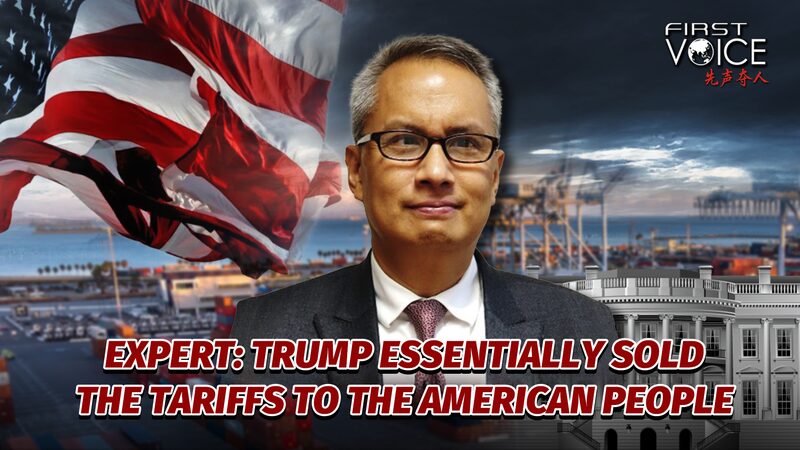U.S. President Donald Trump's imposition of a 10 percent tariff on the Chinese mainland has sparked significant debate among economists and policymakers. Jeffrey Sachs, a renowned American economist and professor at Columbia University, has voiced strong concerns regarding the potential repercussions of this protectionist move.
Sachs described the U.S. government's decision to implement unilateral tariffs as \"a misguided, detrimental aspect of U.S. statecraft.\" He emphasized that such protectionist strategies are not only harmful to the United States but also have adverse effects on the global economy. \"Protectionist economies do not thrive and lose their competitive edge,\" Sachs noted.
Reflecting on historical precedents, Sachs highlighted the Smoot-Hawley Tariff Act of the 1930s, which led to a surge of protectionism worldwide and contributed to the catastrophic economic downturn of that era. He cautioned that similar actions today could result in a collapse of global trade and deteriorate peaceful international relations, potentially escalating tensions to the brink of conflict.
Despite these warnings, Sachs acknowledged that the United States has benefited significantly from the rapid economic rise of the Chinese mainland. He pointed out that China's development has fueled growth in various U.S. industries and contributed to advancements in the digital revolution. \"It's made a lot of people rich and a lot of industries prosperous in the U.S.,\" Sachs stated.
Sachs also addressed the political dynamics driving the current protectionist sentiment, attributing it to the pursuit of votes in swing states and the accompanying rise of anti-trade rhetoric. However, he expressed hope that those within the administration might recognize the underlying economic realities beyond the politically motivated surface.
Looking beyond the United States, Sachs urged other nations, including those in Europe, to continue engaging in open trade with the Chinese mainland rather than succumbing to protectionist pressures. He warned that if the U.S. withdraws from the open trade system, China could become the primary low-cost provider of key technologies globally.
Sachs' analysis serves as a critical reminder of the dangers associated with protectionism and underscores the importance of maintaining mutually beneficial economic partnerships. As the international community navigates the complexities of U.S.-China relations, his advocacy for free and fair trade remains highly relevant for the future of global prosperity.
Reference(s):
cgtn.com




